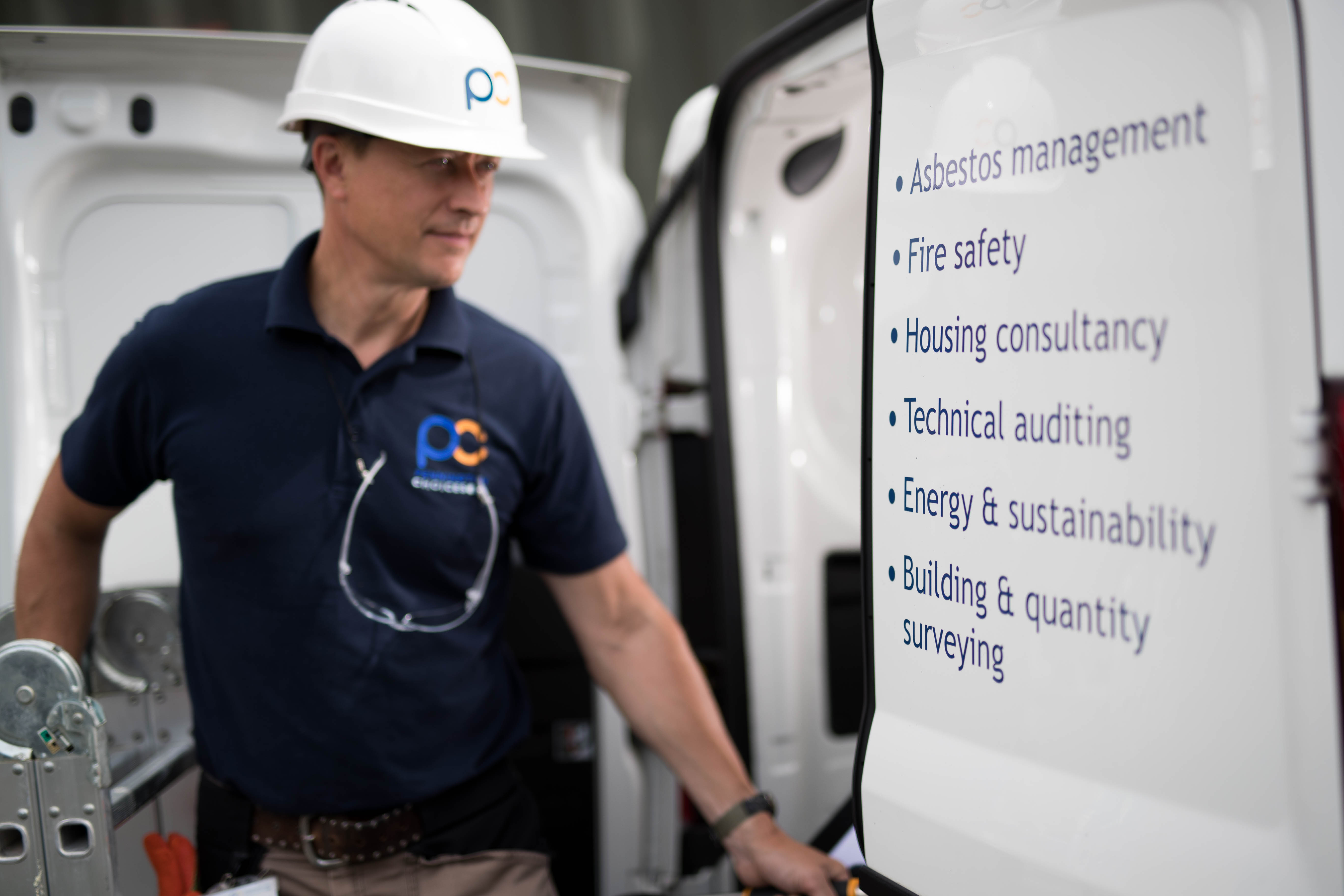Stay connected
Covid-19 has shook the world, and whilst a sense of relative normality is expected to resume in the coming weeks, it would be naïve to assume that all will return to how it was before the virus occurred.
In light of this, it is important for everyone to be taking care of themselves and others during this unfamiliar time, and this also goes for housing providers and landlords who have a moral and legal responsibility for the care and wellbeing of others in their properties.
In fact, in March 2020 amidst the beginning of the Covid-19 crisis, the Regulator of Social Housing (RSH), released a statement providing clarity that it is still expected that tenant safety and compliance with health and safety requirements remains a top priority for providers and landlords alike. Essentially, what this means is that all compliance programmes should continue, but that they need to be assessed and amended accordingly in light of the Covid-19 situation.
Similarly, the RSH also set out an expectation that it must be informed if providers are unable to deliver statutory health and safety obligations, and if a material backlog of outstanding property checks are building up, for example, if programmes of works have stopped all together.
What about Fire Safety Compliance?
We only have to look back over the past three years to understand why fire safety is important. Grenfell Tower and The Cube student accommodation in Bolton, are just two notable incidents that have occurred as a result of negligent fire safety cladding, either resulting in the loss of property or worse, life.
More stringent regulations have and continue to come into force (i.e. Approved Document B), but none ever took into account the issues that not only the UK, but the world is now facing.
Social distancing rules combined with lockdown measures have made inspecting tenanted properties difficult if not impossible, and with more and more people now staying at home and frequently using electrical equipment to help their daily lives function, this brings with it an increased risk of a fire occurring.
What guidance can providers follow to prevent fires and to ensure that they remain complaint?
On the 9th April 2020, the National Fire Chiefs Council produced a set of guidelines taking into account the current regulations and legislation. This included:
- Fire risk assessments (FRAs) being reviewed accordingly given the changes in risk brought about via Covid-19 to ensure that they are suitable and sufficient.
- FRAs are also advised to be reviewed and undertaken where there are significant changes in ways of working or processes (e.g. buildings closed, staff changes (increased or reduced) as a result of Covid-19.).
To aid the above, the Government released a statement detailing that key worker status would be provided for all individuals operating within the fire industry. Ultimately ensuring that FRAs could still be carried out to prevent a further incident from occurring.
One month on since the guidance, what is the property compliance landscape looking like?
The first of the RSH monthly surveys focusing on the delivery of compliance programmes has found that most providers are managing to complete fire compliance checks without a material backlog developing, however there is concern that a lack of PPE and being able to maintain safe staffing levels over the coming months, presents further risk.
Mitigating approaches to take include:
- Redeploying staff and resources to high priority actions.
- Issuing guidance to tenants.
- Identifying new contractors and material suppliers.
- Enhanced performance reporting.
The RSH has acknowledged that there might be ‘some incidence of statutory non-compliance and repairs backlogs’ and it will take ‘a proportionate regulatory approach and will take full account of the current context’. It is crucial that registered providers can evidence that all reasonable steps have been taken to achieve compliance.
The RSH has also been clear to detail that if a provider is unable to deliver a minimum service to tenants, for example, statutory health and safety requirements, and a material backlog of outstanding safety checks are building up, then they must be informed.
A month ago, it was appropriate for providers and landlords to press pause and assess – but we have now moved beyond this phase and plans should be in place to continue delivery of compliance programmes and most importantly, keep tenants safe.
How Pennington Choices can help…
At Pennington Choices, we offer registered providers and landlords a range of advice and services to their compliance issues to ensure that they remain compliant. Having worked for over 20 years', delivering projects to social housing landlords nationally, we have significant consulting experience.
For more information on how we can help your organisation, or to have a chat about your current situation, get in touch with our Head of Consultancy, Sarah Davies, by clicking here.
.webp?width=600&height=150&name=Pennington%20Choices%20Logo%20(reduced).webp)




